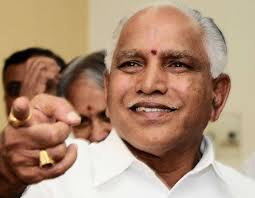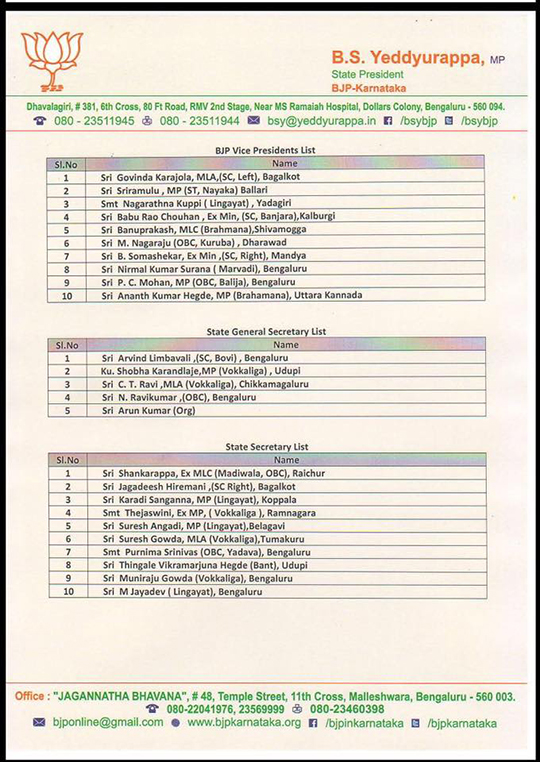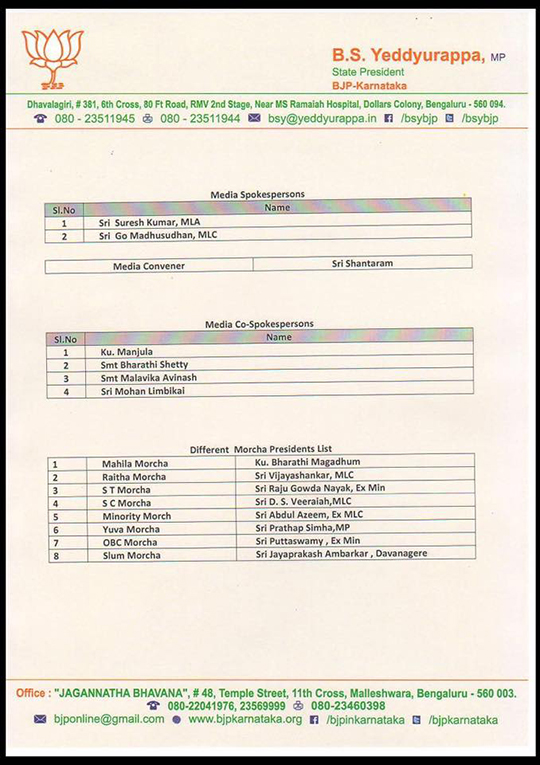coastaldigest.com news network
July 4,2020
More than 500 flights are expected to be operated in the fourth phase of Vande Bharat Mission, the “paid evacuation” mission of the government of India during covid-19 crisis.
This includes both Air India and private carriers who are ramping up their operations in a big way.
Air India will be operating 170 flights till 15th of July to and from 17 countries, including Australia, Bahrain, Bangladesh, Canada, Germany, Japan, Kuwait, Malaysia, Oman, Saudi Arabia, Qatar and Philippines.
Private airlines such as IndiGo and GoAir will have significant participation in the fourth phase of Vande Bharat Mission.
The Civil Aviation Ministry said that among others, Indigo will operate 238 flights from Qatar and 219 flights from Kuwait. GoAir will operate 41 flights from Kuwait. Phase Four will particularly focus on countries where there still are a large number of Indians who have registered to return.
Meanwhile, a record five lakh stranded Indians have returned safely to India under the Mission till now. The operations commenced on 7th May and in less than two months, nearly five lakh four thousand stranded Indians from 137 countries have returned to their homes.
 Bengaluru, May 26: The Karnataka state committee of Bharatiya Janata Party has selected the new office bearers under the leadership of Shivamogga MP and former chief minister BS Yeddyurappa.
Bengaluru, May 26: The Karnataka state committee of Bharatiya Janata Party has selected the new office bearers under the leadership of Shivamogga MP and former chief minister BS Yeddyurappa.







Comments
im joing my best party BJP karnataka state
no
Yeddyurappaji congratulation, BJP's victory in the MLC elections is an indication of BJP's growing popularity.
Yeddyurappaji congratulation, BJP's victory in the MLC elections is an indication of BJP's growing popularity.
All the best yeddy ji, hope u will do better this time.
when Sriramaluru joined BJP again ?
is there any need to mention the caste of the bearers?
Hearty Congratulations to Newly elected MLCs.
Billawas out from bjp ..
Add new comment